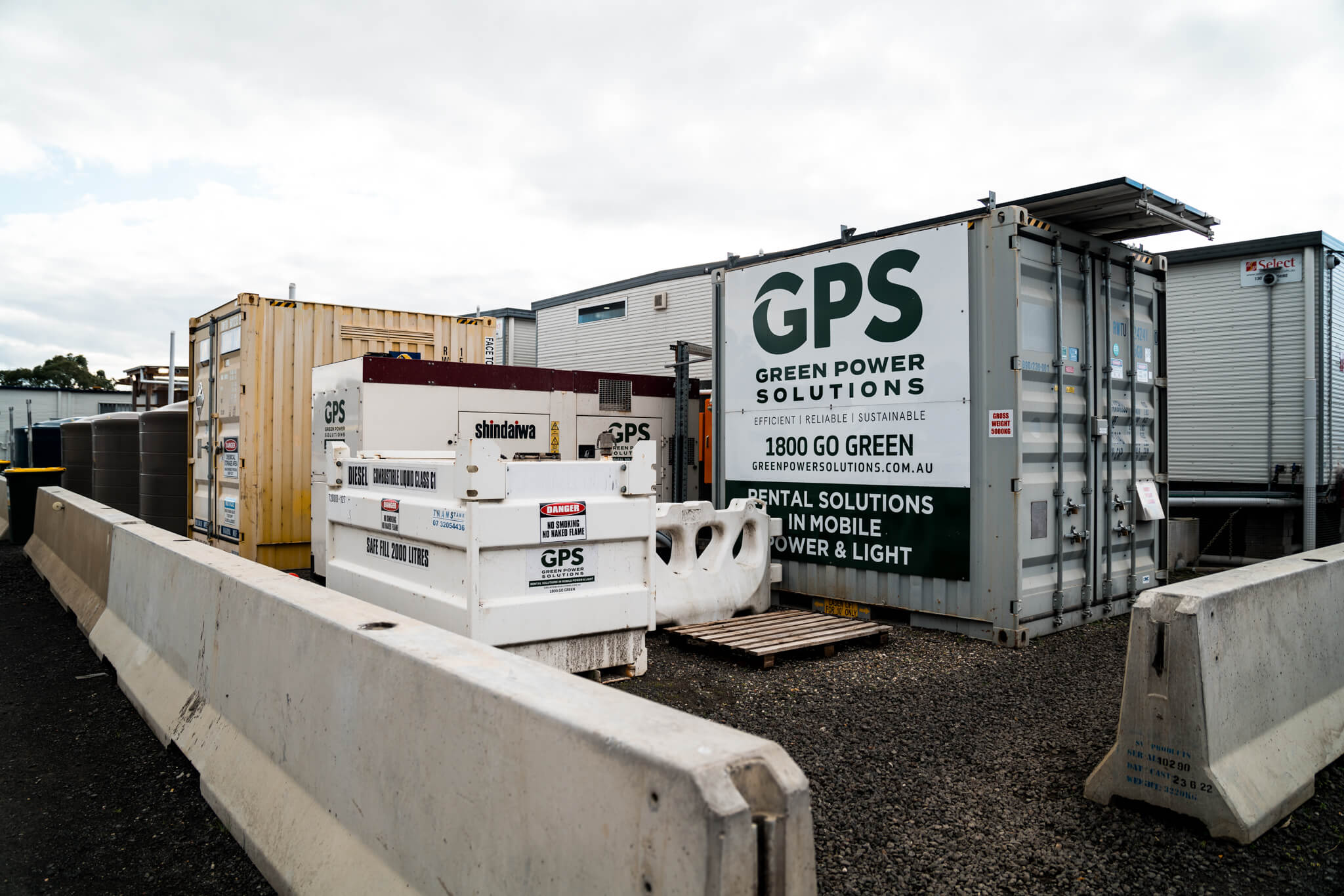In today’s technology-driven landscape, the demand for efficient energy storage solutions is at an all-time high. While lithium-ion batteries have become the standard, they come with significant environmental drawbacks. Enter hybrid battery energy storage systems—an innovative solution that combines the advantages of batteries with renewable energy sources and traditional generators for a more sustainable and efficient energy landscape.
The Advantages of Hybrid Battery Energy Storage Systems
Hybrid battery energy storage systems provide numerous benefits over conventional lithium-ion batteries and standalone generators:
Reduced Environmental Impact
By integrating renewable energy sources such as solar power, hybrid systems significantly decrease reliance on fossil fuels. This transition not only reduces greenhouse gas emissions but also promotes cleaner energy practices, contributing to a healthier planet.
Increased Efficiency
Hybrid systems optimise energy usage by intelligently managing inputs from various sources. This smart energy management leads to cost savings and enhanced overall efficiency, making the most of available resources.
Enhanced Reliability
Hybrid systems provide a significant boost in reliability by offering multiple power sources. These systems seamlessly transition between batteries, renewable energy, and traditional generators to guarantee a consistent power supply. This ability to draw power from various sources ensures uninterrupted operation, even during periods of high demand or when specific energy sources are limited.
Greater Flexibility
Hybrid systems are designed to adapt to diverse energy needs and scenarios. They can be customised to incorporate various battery technologies, renewable energy sources, and generator types, offering tailored solutions for a wide range of applications.
Key Components of Hybrid Battery Energy Storage Systems
Hybrid battery energy storage systems typically consist of three core components:
- Batteries: While lithium-ion batteries are commonly used, these systems are designed for adaptability, allowing for the integration of more sustainable battery technologies as they develop. This ensures both flexibility and future-proofing.
- Renewable Energy Sources: Hybrid systems can utilize a range of renewable energy sources to charge batteries and decrease reliance on traditional power. Examples include, but are not limited to, biofuels and renewable diesel.
- Traditional Generators: Generators, powered by renewable diesel or biofuels, provide a dependable backup power source. This ensures a continuous energy supply when battery levels are low or other energy sources are unavailable..
Green Power Solutions’ Expertise in Hybrid Systems
At Green Power Solutions, we specialise in designing and implementing customised hybrid battery energy storage systems. Our team of experts collaborates closely with clients to assess their energy needs and develop tailored solutions that optimise efficiency, reliability, and sustainability. We offer a wide range of hybrid system configurations, incorporating the latest battery technologies, renewable energy sources, and generator options to meet diverse requirements.
The Future of Hybrid Battery Energy Storage Systems
The future of hybrid battery energy storage systems is rapidly evolving. Advancements in battery technology, including the development of more sustainable and efficient chemistries, will further enhance the capabilities of these systems. Additionally, the integration of smart energy management technologies and artificial intelligence will optimise system performance, enabling more intelligent and responsive energy solutions.
Investing in Hybrid Battery Energy Storage: A Smart Choice for Today and Tomorrow
Investing in hybrid battery energy storage systems is a strategic choice for both the present and the future. These systems offer a compelling combination of economic benefits, increased reliability, and environmental responsibility. By embracing hybrid technology, individuals and businesses can reduce their carbon footprint, optimise energy costs, and contribute to a more sustainable energy future.

